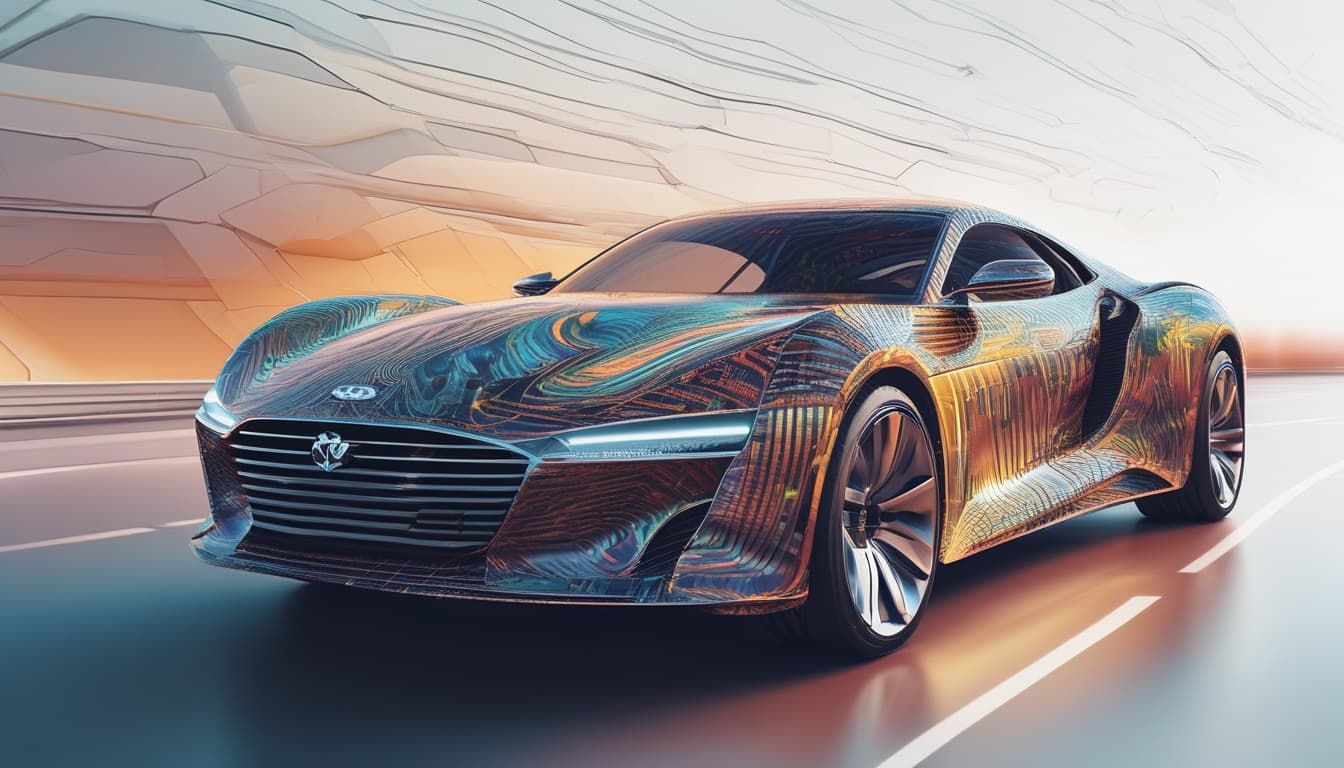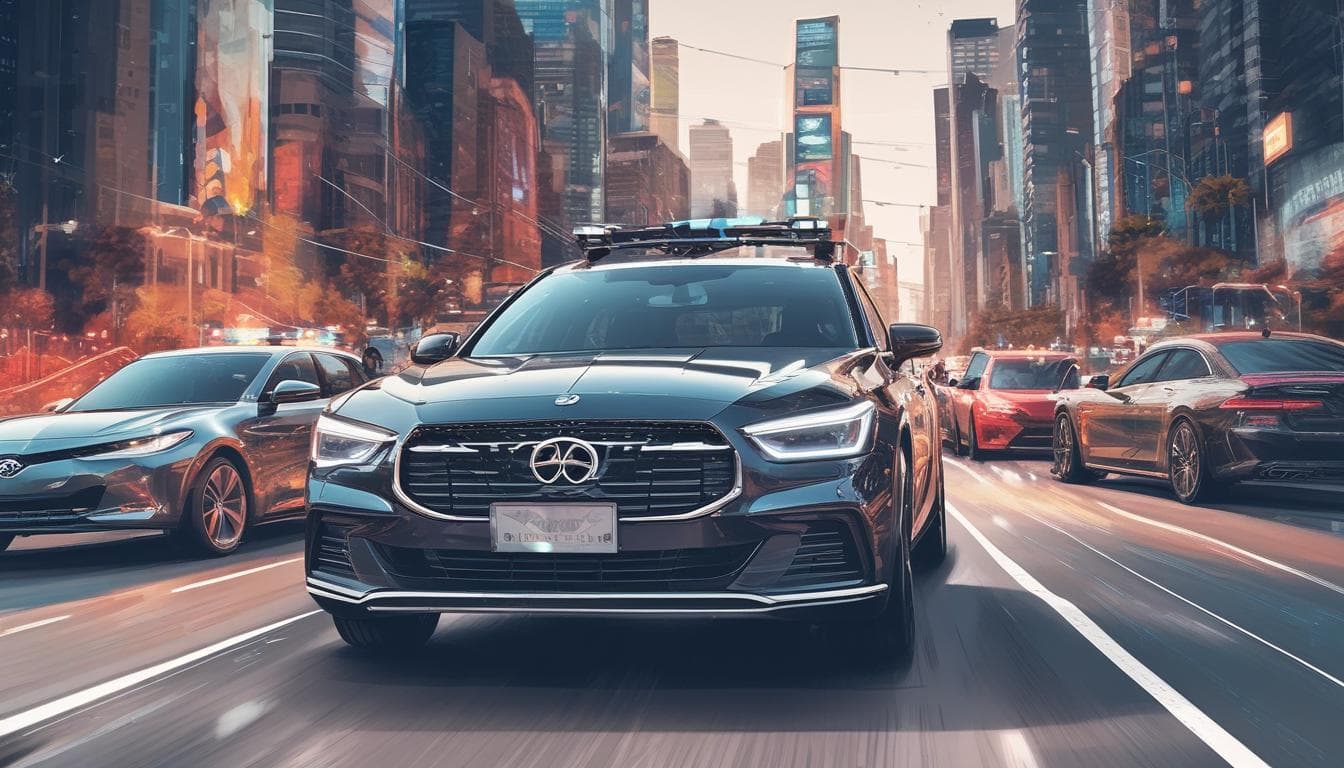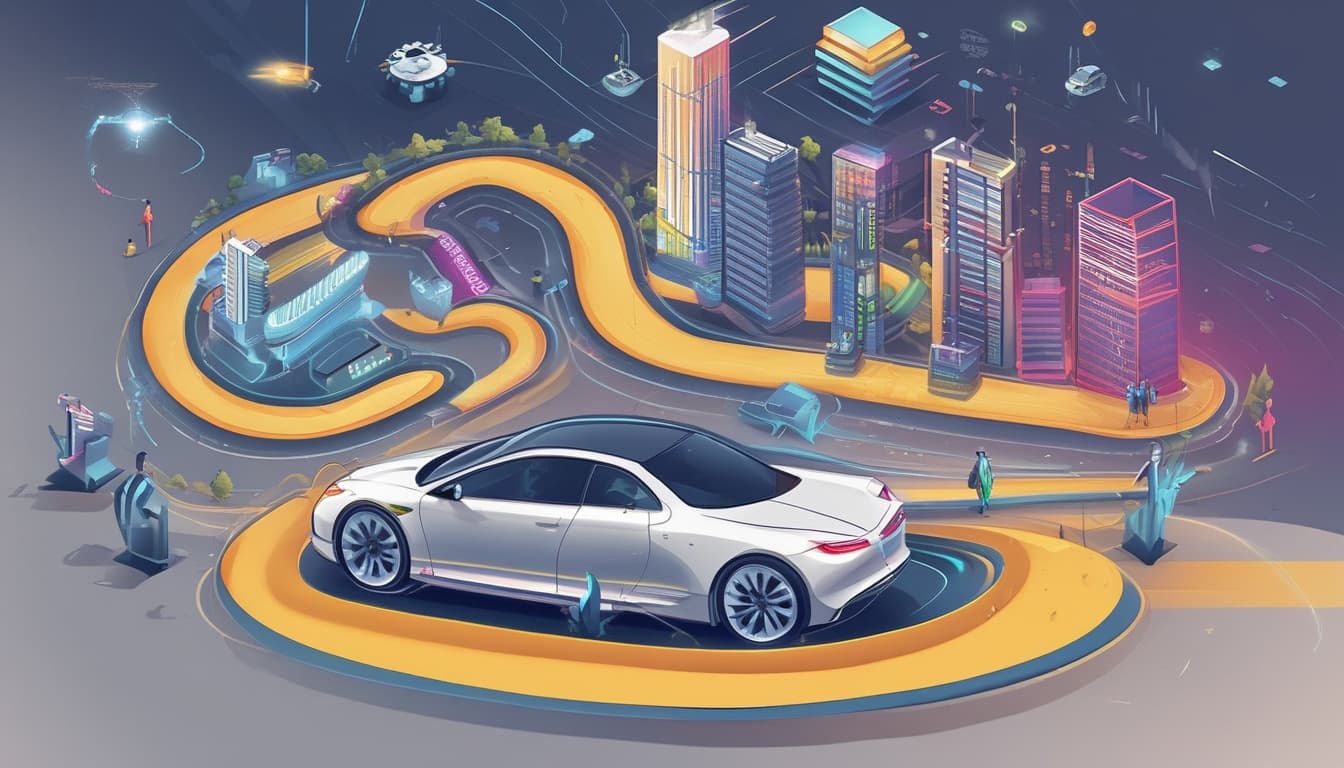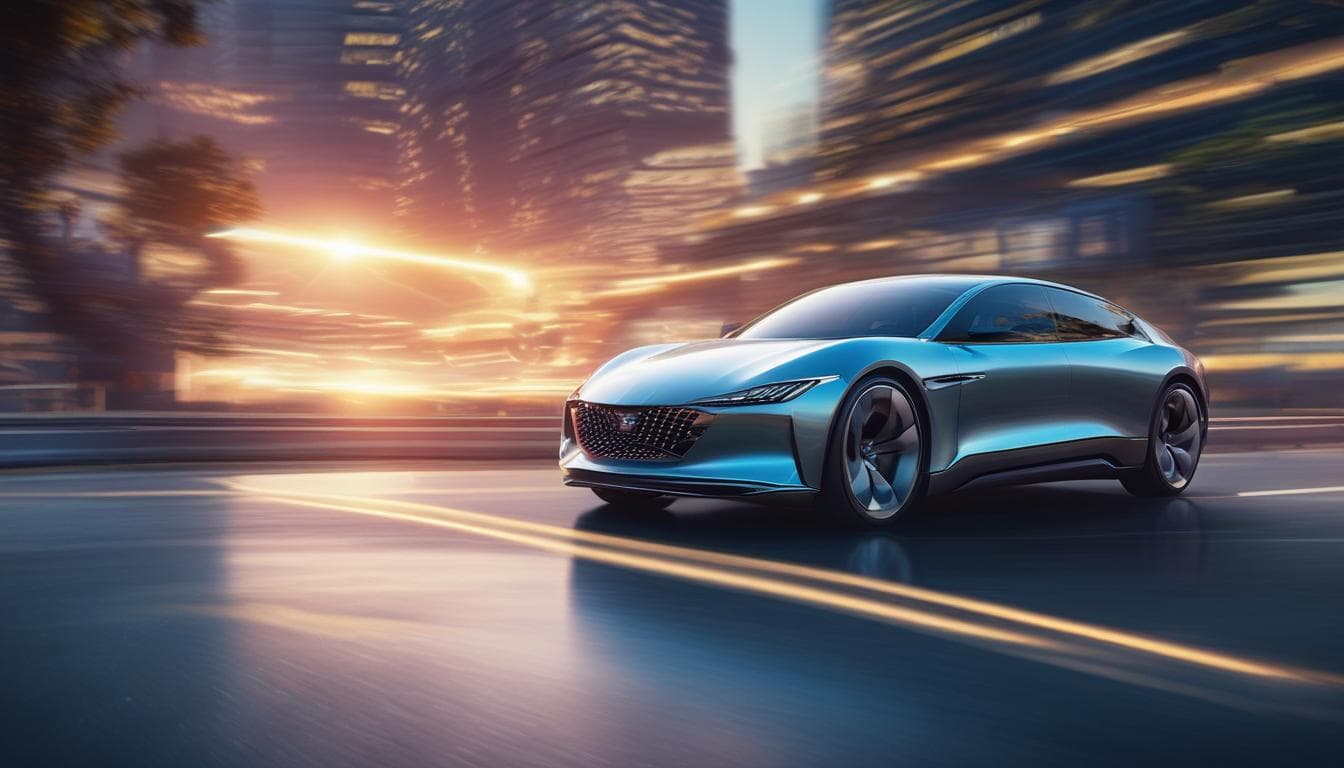With the increasing integration of AI in vehicles, how might the role of the car mechanic evolve? Will mechanics become AI specialists, diagnosing and repairing complex algorithms, or will their skills shift towards maintaining the physical hardware alongside AI assistants? What new opportunities and challenges do you foresee for this profession?
The integration of AI into vehicles is indeed transforming the role of car mechanics in profound ways. Here are some key points to consider about the evolution of this profession:
The Shift to AI Specialists
As vehicles become more reliant on AI for functionalities such as autonomous driving, diagnostics, and driver-assistance systems, mechanics will need to adapt by gaining proficiency in software and algorithm troubleshooting. This transition means that:
- Training in Software Skills: Many mechanics might require additional training in AI technologies and software management. Understanding how different algorithms function will be essential for diagnosing problems.
- Collaboration with AI Systems: Mechanics may need to work closely with AI diagnostic tools that can run complex checks to identify issues, making their roles more collaborative with technology.
Maintaining Physical Hardware
Despite the growing presence of AI, the physical components of vehicles will still require expert care. Mechanics will continue to address:
- Hardware Repairs: As vehicles still contain many mechanical systems, traditional skills in maintenance and repair work will remain crucial. This includes engine repairs, brake systems, and more.
- Integration of AI with Traditional Mechanics: Mechanics will have to understand how AI and conventional systems interact. This opens opportunities for specialization in hybrid technologies where both mechanical and digital skills are essential.
New Opportunities and Challenges
The evolution of vehicle technology brings forward a mixed bag of opportunities and challenges:
- Upskilling: Mechanics have the opportunity to enhance their skills through certifications in digital mechanics and AI technologies. A proactive approach can lead to advanced career paths or roles as AI specialists.
- Job Market Competition: As the automotive landscape changes, there might be an influx of new technicians with backgrounds in IT and software engineering, which could create a competitive job market. Therefore, existing mechanics will need to showcase their adaptability and ongoing learning.
This transformative period aligns with trends discussed in articles like The AI Revolution in Automotive, where it highlights the reshaping of roles across the industry due to AI integration. The future of automotive work and the skills required will undoubtedly evolve, creating a more diverse and technologically integrated workforce.
이 주제에 대해 더 알아보기
대화에 참여하기
- 자율주행 시대의 미래 자동차 실내 디자인: 당신의 상상은?
자율주행 기술의 발전으로 자동차 실내 공간은 어떻게 변화할까요? 이동 중 업무, 엔터테인먼트, 휴식 등 다양한 목적에 맞춘 미래형 자동차 디자인과 혁신적인 기능에 대한 아이디어를 공유하고 토론해 보세요. 증강현실, AI 등 미래 기술 접목, 맞춤형 공간 구성 등 자유로운 상상을 펼쳐보세요.
- 자율주행 시대, AI가 제시하는 자동차 선택과 운전 경험 변화
AI가 자동차 선택을 돕는 자율주행 시대에 운전 경험은 어떻게 변화할까요? 새로운 자동차 사용 시나리오와 이색 분야에 대한 가능성, 그리고 개선 방향에 대한 의견을 나눠보세요.
- 자율주행 시대, 자동차의 '디지털 영혼'은 어떤 가치를 가질까요?
자율주행 시대에 자동차가 단순히 폐기되는 것을 넘어, 축적된 주행 데이터와 개인 정보를 보존하는 '디지털 아카이브'로 진화할 가능성을 탐구합니다. 차량의 '디지털 유산'이 가져올 새로운 가치와 미래 모빌리티의 방향성에 대해 함께 토론해 보세요.




